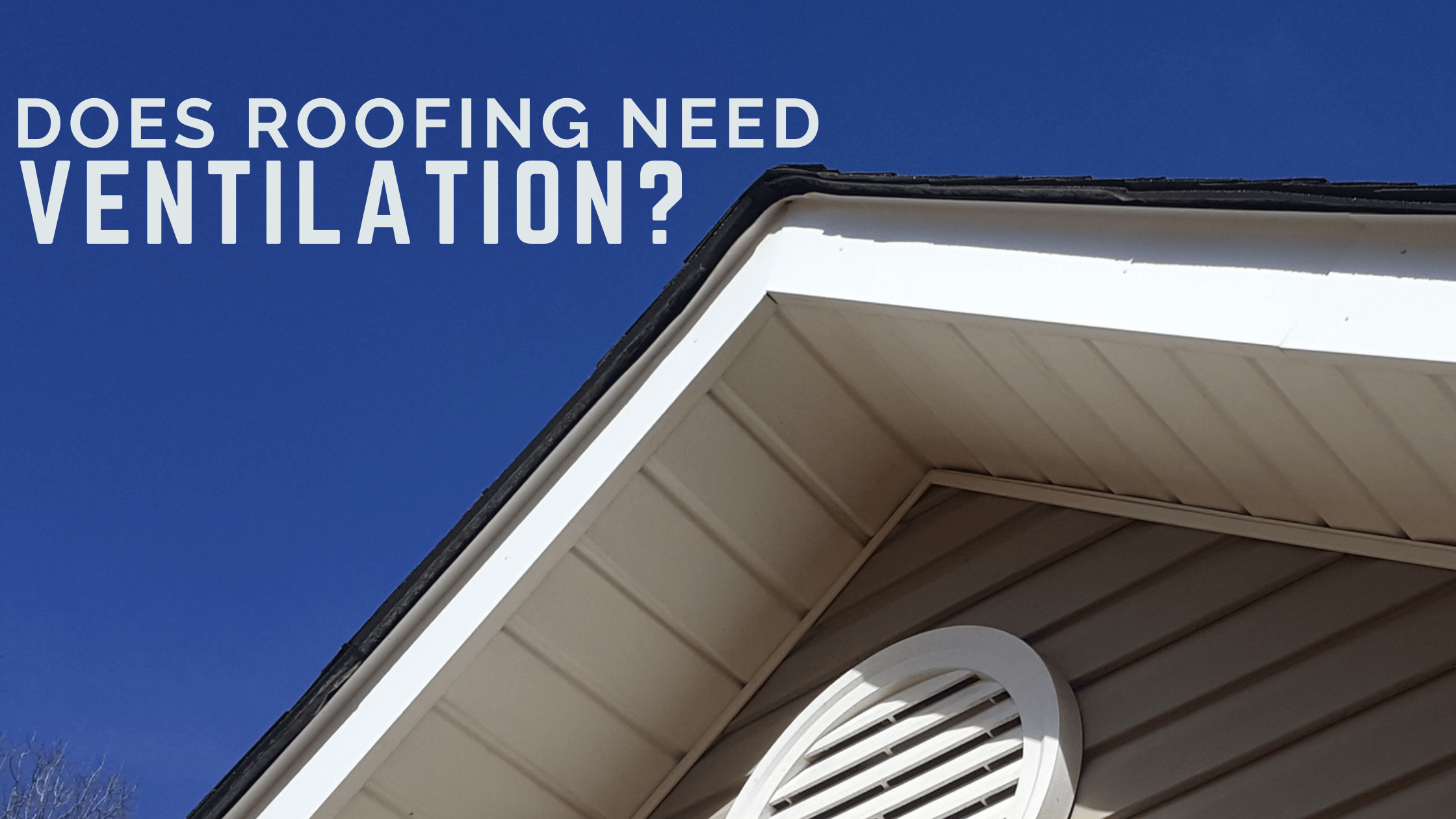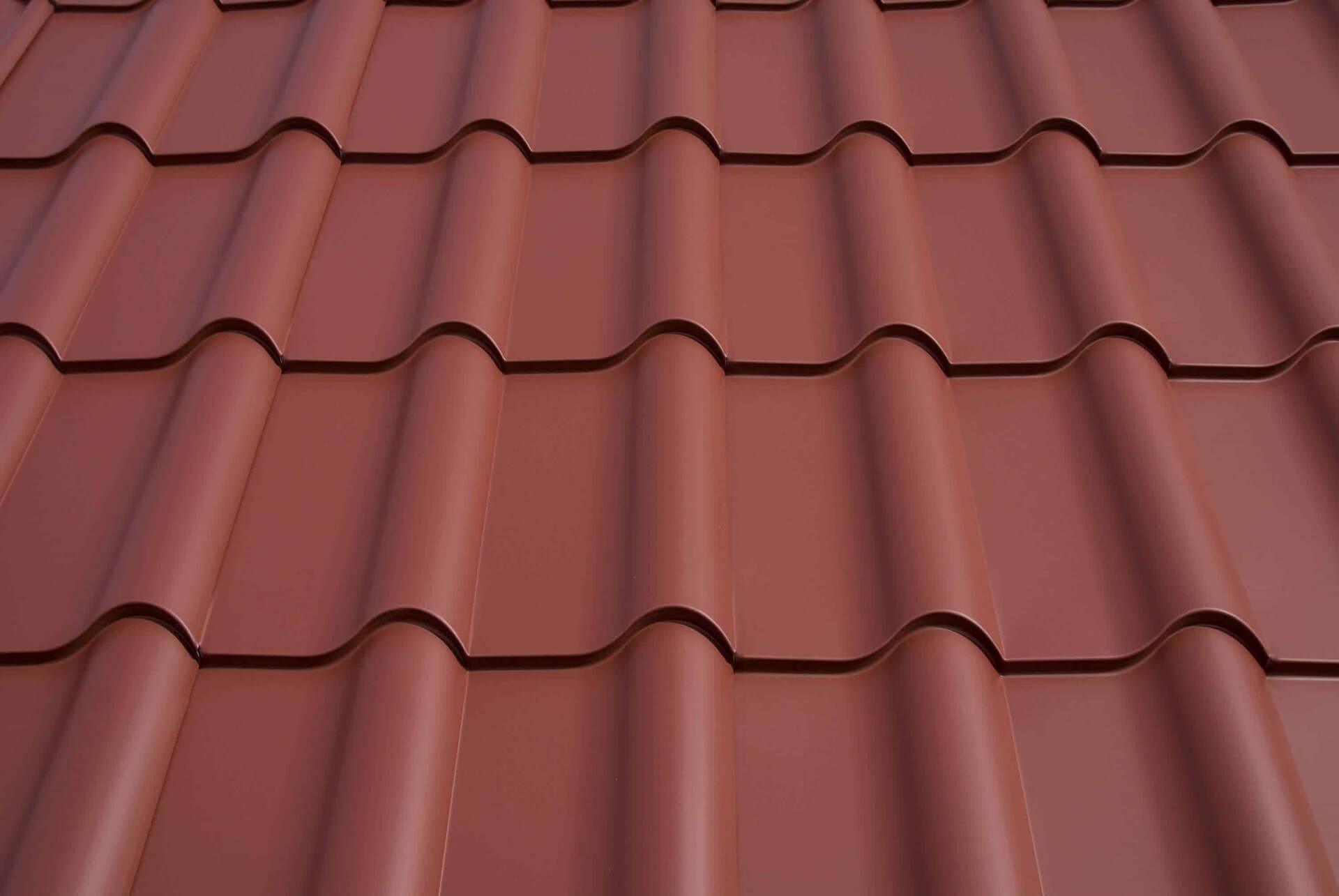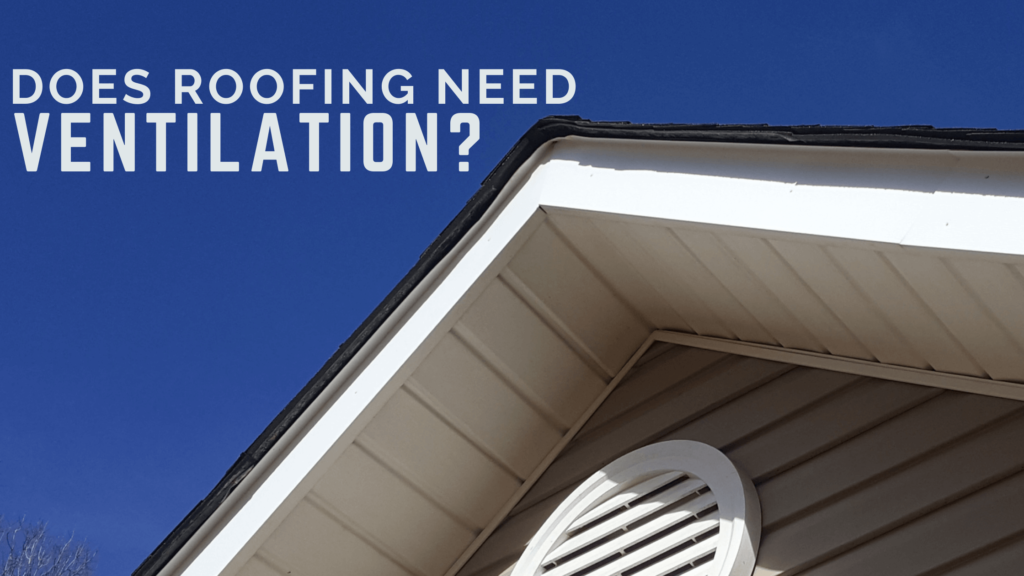Does Roofing Need Ventilation?
Roof ventilation mainly works by allowing the flow of air through the attic. This prevents it from becoming overheated and causing moisture. Usually, ventilation works when air is flowing. Airflow within the attic is usually due to the mechanical and natural effect.

Why does roofing need ventilation?
Roofing needs ventilation especially where you have unheated space in the basement, you have an attic or an upper floor that is closely attached to the roof. Ventilation will help to correct the air conditioning of these areas. During the summer season, the roof ventilation can help in the cooling of the roof, slowing the aging of asphalt shingles that could suffer from heat, reduce the metal expansion and prevent the underlying water barrier materials.
More so, roofing ventilation can be of a great ideal in the winter. By helping keep your roof cool, this could help in the prevention of snow melting on the rooftop and freezing in the rain gutters. When there is an additional weight on structures, this could lead to damages and that is why having popper ventilated roofs can help prevent this through the circulation of the coldest air from the roof space through the vent in the roof peak.
Benefits of roof ventilation
With the proper roof ventilation, then homeowners can be able to attain several benefits. Below is an overview of the benefits of roof ventilation;
Reduces Indoor Temperature Extremes
Have you ever walked upstairs in your house and thought that the temperatures here are warmer than it was in your living room? Then these indoor extreme temperatures could be a result of the poorly ventilated roofs that one has. Therefore, with the proper ventilation of the roof, hot air will be able to escape and the cool air gets into the attic space. When this happens, this will make your home more comfortable and worth staying in all year round.

Reducing Energy Costs: When there are high temperatures outside, everyone wishes they shelter away and stay indoors. However, the lack of proper ventilation inside could lead to more adverse heating effects on the inside. But when there is a properly vented roof, this will allow heat escaping thereby reducing one’s air conditioners’ work with the less running of the air conditioner, this will mean a decrease in the electricity bills.

Extend the Life of Your Roof
With the proper roof ventilation, then the warm air could be able to escape before getting the chance of melting the ice and snow on the roof. With the well-ventilated roof, one could be able to see in the wintertime. Though still with the presence of snow on the roof, there will be no Icicle in the sight.
More so, ventilation will benefit the roof during the hot season outside. When the temperature outside rises, then this could mean nearly a double increase in temperature on the roofs. With the hot roof with a poorly vented attic, this could lead to a very hot attic. Because the poorly ventilated attics do not have a space to escape the heat that is building up.
With the increased heat build-up, these could harm the shingles from the inside out. But with the evenly vented roof, then this will allow the hot air to escape freely, thus keeping your attic and roof much cooler.


